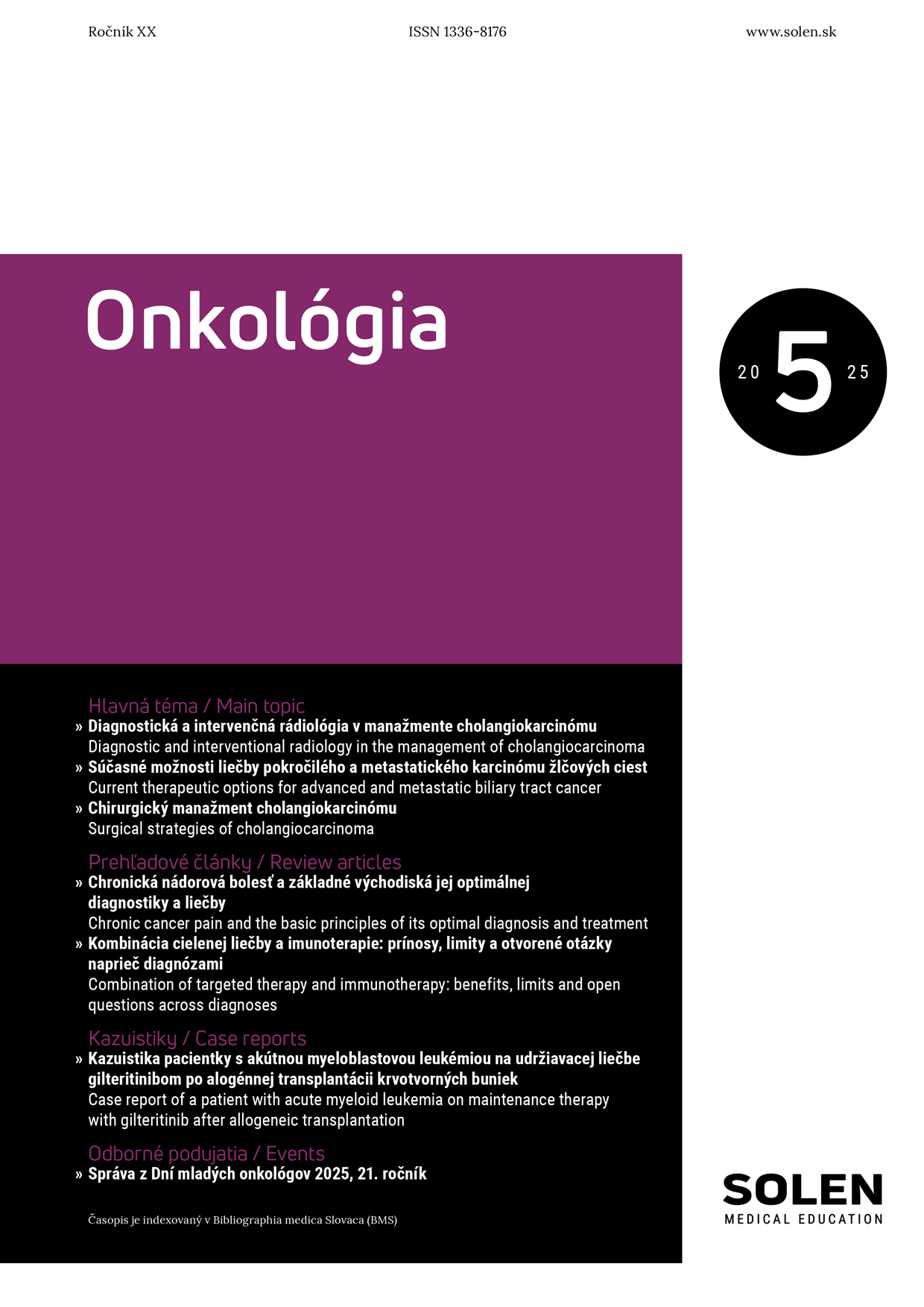Neurológia pre prax 3/2017
Chronická subjektivní závrať
Doc. MUDr. Jaroslav Jerábek, CSc., PhDr. Ondrej Čakrt, Ph.D.
Chronická subjektivní závrať (chronic subjective dizziness – CSD) je definována jako stav nerotační závrati, nejistoty nebo hypersenzitivity k vlastním pohybům nebo komplexním pohybovým stimulům. Většinou se vyvíjí po odeznění vestibulární patologie. Pacient působí dojmem, že není schopen se zpětně adaptovat po odeznění akutní fáze onemocnění a jeho pohybová schémata zůstanou shodná s akutní fází onemocnění. Tento stav bývá často provázen výraznou úzkostí, která se postupně může dostávat do popředí klinického obrazu.
Kľúčové slová: fobické posturální vertigo, chronická subjektivní závrať, závrať, instabilita, úzkost
Chronic subjective dizziness
Chronic subjective dizziness (CSD) is defined as a state of non-rotating dizziness, uncertainty, or oversensitivity to one’s own movements or comprehensive motor stimuli. It typically develops after vestibular pathology has resolved. The patient makes the impression of not being able to readapt following the resolution of the acute phase of the disease and their motion patterns remain identical to those in the acute phase of the disease. This condition is often accompanied by profound anxiety that can gradually gain prominence in the clinical presentation.
Keywords: phobic postural vertigo, chronic subjective dizziness, dizziness, instability, anxiety

















